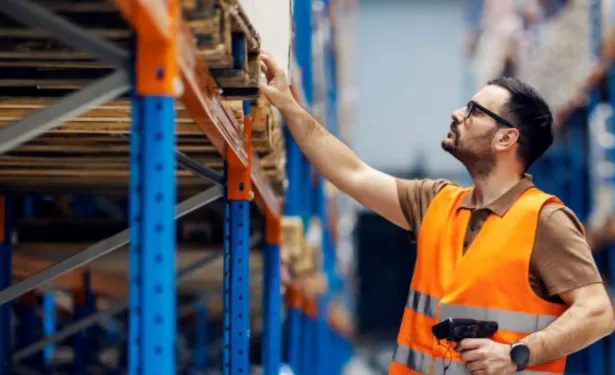Boost the effectiveness of the FMCG supply chain by integrating customs insights.
- Nov. 14, 2023
- FMCG HORECA BUSINESS

The fast-moving consumer goods (FMCG) industry is a crucial part of daily life, encompassing products from breakfast cereals to bedtime toothpaste. With an estimated 5.4% growth in the next five years and a projected market size of $15,361.8 billion by 2025, the FMCG industry ranks among the largest globally. However, operating in a complex and uncertain logistical landscape presents challenges such as high raw material costs, increased protectionism, evolving sustainability regulations, and additional import and export licenses.
To address these challenges, a reliable, compliant, cost-effective, and streamlined customs operation is essential. Integrated customs insights can play a key role in enhancing supply chain efficiency. Here's how:
Avoid Hidden Costs and Fines:
Gaps in customs knowledge can lead to inefficiencies, cost increases, and delays. By integrating customs insights, businesses can identify gaps in commodity codes or documentation, enabling proactive measures to avoid unexpected fines or delays. For instance, errors in Harmonised System (HS) codes contribute to approximately 22% of global export delays daily.
Reduce the Cost of Customs Administration:
While import duties typically represent 2-3% of the value of goods, the cost of managing customs operations is considerably higher. Expertise and advice on evolving rules and regulations can reduce the overall cost of customs administration, including education, support staff, and the dedication required to stay informed.
Leverage Customs Insights to Fuel Business:
Customs insights can go beyond a compliance checkbox, providing rich data to support strategic decision-making across the organization. For example, insights into free trade agreements (FTAs) can influence sourcing strategies, potentially increasing profit margins by procuring raw materials from multiple suppliers in different countries.
Sell While in Transit:
Some jurisdictions prohibit moving goods until a buyer is found. Customs insights can offer solutions, such as using a provider's accountancy and VAT services, allowing businesses to legally export and sell goods during transit. This approach can lead to increased sales and savings on warehousing costs.
Improve Speed and Accuracy:
Integrated customs insights enhance predictability and control, improving the speed and accuracy of supply chain processes. Businesses can identify which goods move seamlessly across borders and address any regularly delayed items. Real-time communication and collaboration using customs data streamline data exchange, preventing delays and keeping goods moving.
To tackle the complexities of the FMCG supply chain efficiently, businesses can partner with experts like Maersk to benefit from integrated customs insights, reduce costs, and enhance overall customs operations.









